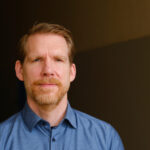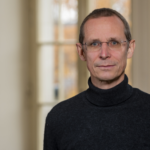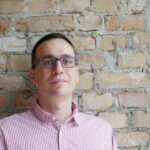STUDY ON THE TRANSITION TO HIGHER EDUCATION
WHY EDUCHANGE?
Whether a person goes to university depends heavily on their family background: if their parents have already completed a degree, there is a high probability that young people will go to university. However, if their parents have not studied, they are much less likely to go to university. There are many reasons for this: young people often lack information about study requirements, funding opportunities or the range of courses on offer, they are not aware of their strengths or do not know where to start when planning a course of study.
Against this background, EDUCHANGE is investigating ways of reducing social inequality in the transition from upper secondary level to higher education. The research interest lies in the effect of information events, study and career counseling on educational decisions. In this way, EDUCHANGE will not only significantly advance inequality research in the field of education, but also inform policy on appropriate measures to reduce educational inequality.
WHAT IS EDUCHANGE?
EDUCHANGE is a large research project funded by the EU and the European Research Council (ERC) to reduce social inequality in education and is being carried out simultaneously in four different European countries (Denmark, Germany, Hungary, Iceland). The basis of this research project is an experiment that implements a so-called intervention design. Specifically, we have developed an information event on occupations and career prospects for different educational choices. This is the intervention. In order to be able to make statements about the effect of an intervention, experiments consist of a randomly selected experimental group that takes part in the intervention and a randomly selected control group that does not take part in the intervention. In this way, it can be determined whether the intervention has an effect or not. EDUCHANGE is interested, for example, in the role that information about vocational training and study options plays in educational decisions following upper secondary level.
The international comparison of the experiment will show to what extent the institutional context has an influence on whether the provision of information and career counseling can help to reduce social inequalities in educational decisions.
HOW DOES THE STUDY WORK?
The EDUCHANGE research project will be carried out in the fall and winter of 2024/25 in upper secondary schools throughout Denmark, Germany, Hungary, and Iceland.
The information event is held by trained study and careers counselors in the final school year. This event offers a comprehensive overview of the various educational pathways available to graduates. It covers a range of topics, including professions and career prospects, costs, scholarships, and entry requirements for university. In videos, university students will talk about how they overcame challenges during their studies. In addition, our careers counselors are available to answer students’ questions.
Following the information event, selected pupils whose parents have no higher education will be offered additional individual counseling.
The information event is accompanied by three online surveys. In the first survey, approximately three weeks before the information event, some basic information is collected and the students’ plans for their professional future are asked. The second survey will take place shortly after the information event or after the individual counseling session. The third survey will only take place after the students have already left school.
The surveys immediately following the information session and at the end of the school year are designed to provide information about the impact of the information session on post-school educational decisions. The questions in the survey are not sensitive, but if students feel uncomfortable or have questions after answering the questions, they can contact a designated staff member at their school at any time.
WHO CAN I CONTACT IF I HAVE ANY QUESTIONS?
For more detailed information on specific countries, please refer to the country-specific subsites, which can be accessed via the country flags located in the upper right corner of this site.
Scientific management for Denmark and Iceland:
Prof. Dr. David Reimer
University of Iceland
E-Mail: reimer@hi.is
Web: https://english.hi.is/staff/reimer
Scientific management for Germany:
Prof. Dr. Ulrich Kohler
University of Potsdam
E-Mail: ulrich.kohler@uni-potsdam.de
Web: https://www.uni-potsdam.de/de/soziologie-methoden/index
Scientific management for Hungary:
Tamás Keller, PhD
CERS – Hungarian Research Network, Institute of Economics
E-Mail:keller.tamas@krtk.hu
Web: https://kti.krtk.hu/kutatok/keller-tamas/
